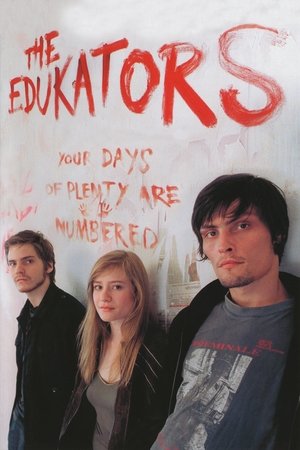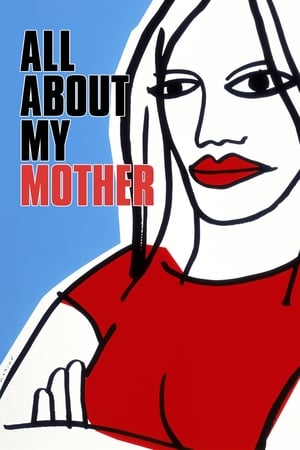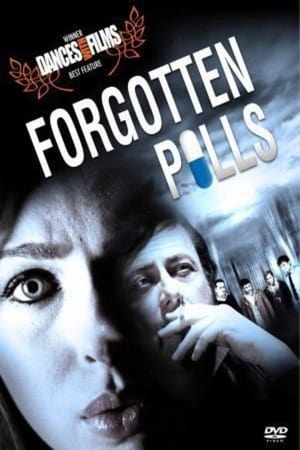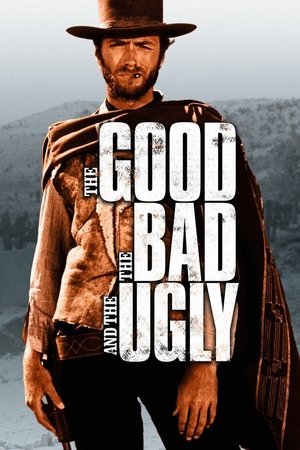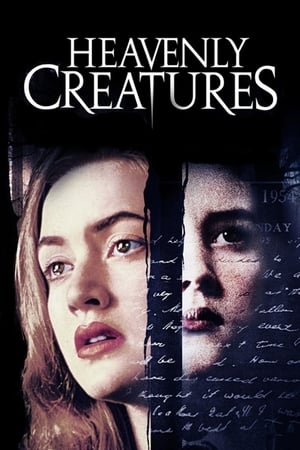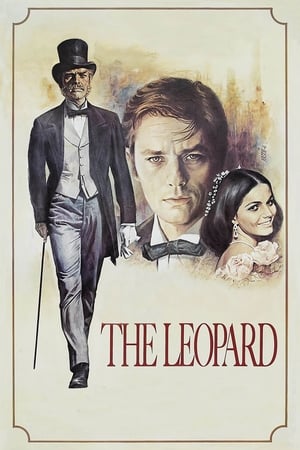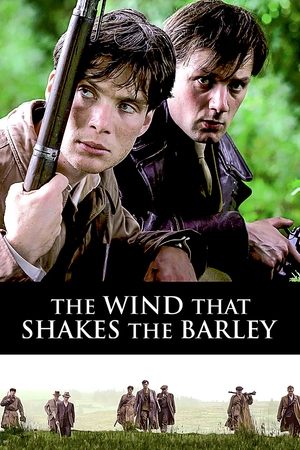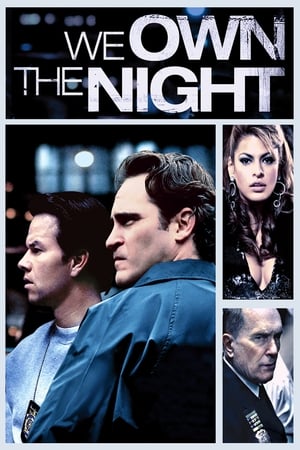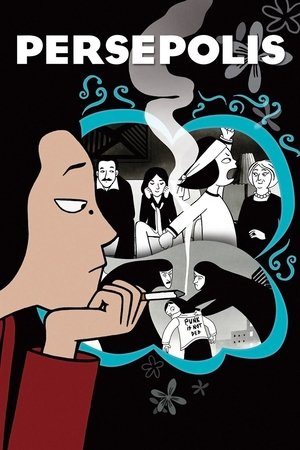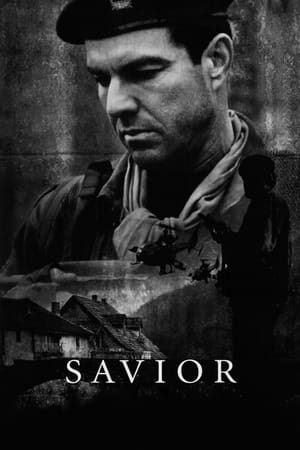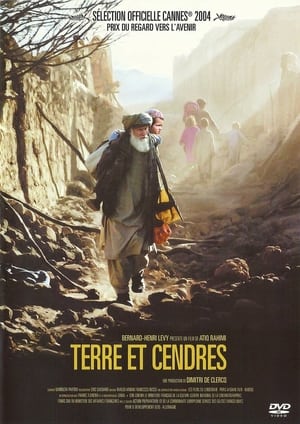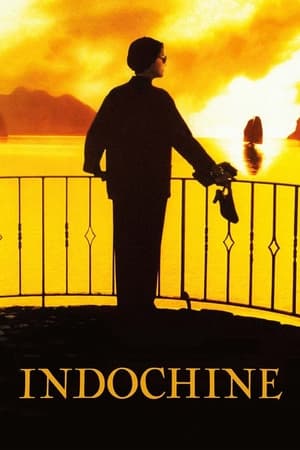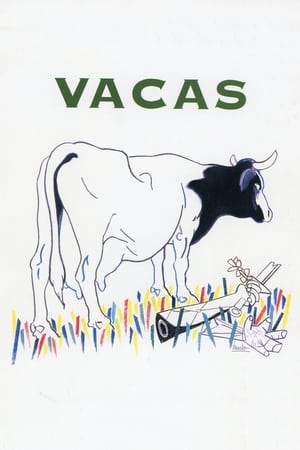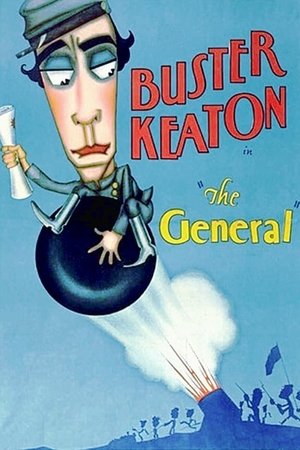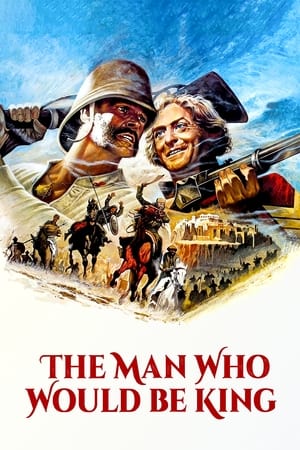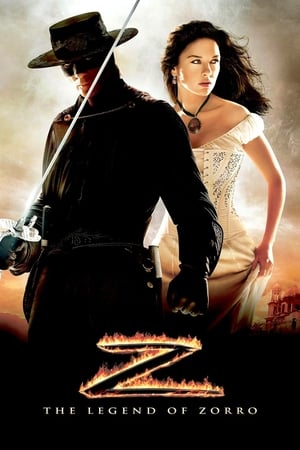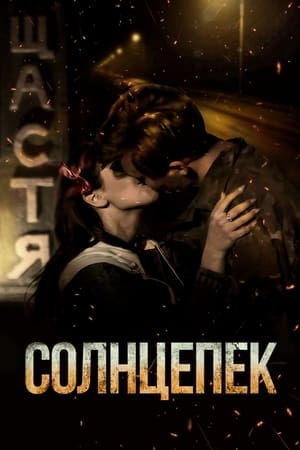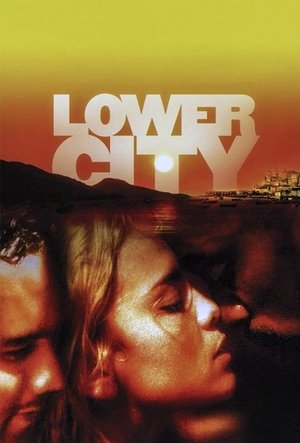Overview
Ride with the Devil follows four people who are fighting for truth and justice amidst the turmoil of the American Civil War. Director Ang Lee takes us to a no man's land on the Missouri/Kansas border where a staunch loyalist, an immigrant's son, a freed slave, and a young widow form an unlikely friendship as they learn how to survive in an uncertain time. In a place without rules and redefine the meaning of bravery and honor.
Reviews
I'd be bad meat – pretty well rotted to a glob.
Ride with the Devil is directed by Ang Lee and adapted to screenplay by James Schamus (also producer) from the novel "Woe to Live On" written by Daniel Woodrell. It stars Tobey Maguire, Skeet Ulrich, Jeffrey Wright, Jonathan Rhys-Meyers, Simon Baker, James Caviezel and Jewel. Music is by Mychael Danna and cinematography by Frederick Elmes.
"On the Western Frontier of Missouri, the American Civil War was fought not by armies, but by neighbours. Informal gangs of local Southern Bushwhackers fought a bloody and desperate Guerrilla war against the occupying Union Army and pro-Union Jayhawkers. Allegiance to either side was dangerous. But it was more dangerous still to find oneself caught in the middle"
Made for $38 million and intended to be a sweeping epic for the summer blockbuster crowd, Ride with the Devil was a considerable financial flop. With a limited release both in America and abroad, the financial figures are hardly surprising. More so considering it was given next to no promotion by the distributors. Factor in a little controversy about the events featured in the story, some cuts made by the studio (Lee didn't have final cut) and a delay in home release formats because the distributor incredibly wanted Jeffrey Wright's presence removed from the cover art! Well you would be forgiven for thinking that the film has to be something of a stinker. Not so say I.
Part rites of passage drama, part reflective war movie, Ang Lee's film is a grand film viewing experience. Dealing as it does with the often forgotten part of the war down on the Missouri/Kansas border, where Lee also shoots on location, film manages to be both savage and lyrical in equal measure. The savagery comes with the fights, bloody, frenetic and high on potency, while the lyricism comes with the human relationships, internal conflicts and the political awareness of the men (boys) fighting for their cause. All given deft treatment by Schamus, whose screenplay contains crisp period dialogue and a narrative correctly showing that this part of the war was not just driven by racist Dixie's hell bent on revenge, violent lust and political allegiance, but often for family, land and rights. Picture is at pains to let us know the youth of the main characters, ramming home the point of boys forced to become men, killing machines, very quickly. Case in point, the culmination of the violence in the film that comes by way of the Lawrence Massacre, a tragic and upsetting slaughter that saw 180 people murdered under the leadership of a vengeful William Quantrill (John Ales). Lee and Schamus aren't interested in showing heroism in this particular war, they show it as futile, nasty and it leaves the taste of bile in the throat.
From here the film slows considerably, as the lead characters withdraw from the action of war, to awakenings and friendships forming. It's here where Lee is at his best. No great director of action, as evidenced by the previously mentioned Lawrence Massacre; which lacks the cutting edge to really grab us by the throat and never let go, but for human interest aspects and bucolic scenes with characters framed within, Lee owes film fans absolutely nothing. The latter of which he is aided considerably by Elmes' widescreen photography. Ulrich and pop star Jewel nicely handle their parts, he puts a confident swagger into Jack Bull Chiles, she is tender and unassuming in the pivotal female role of Sue Lee Shelley. Caviezel gives Black John Ambrose a brooding menace, while Jonathan Rhys-Meyers is on overdrive as sadistic loony Pitt Mackeson. But it's with Maguire and Wright that the acting plaudits go. Maguire has arguably never been better, he gives Jake Roedel an effective sensitivity as a virginal boy receives a violent initiation into manhood. Wright is sublime, said to be one of his favourite performances, Wright as freed slave Daniel Holt is the heart beat of the film. Conveying most of the good traits available to man, Holt fights not just out of loyalty to his friend George Clyde (Baker), but to gain ultimate catharsis in is life. It's a beautiful measured turn from Wright, and it deserves more appreciative attention.
The last third of it may be too talky for some, and a couple of dangling narrative threads left unanswered stop it from being a masterpiece. But it's close to being just that, a savage, beautiful and lyrical movie. The stupid studio execs had no idea: Putz's. 9/10
_**Southern guerrillas along the Missouri/Kansas border**_
Released in 1999, "Ride with the Devil" is a Civil War tale focusing on Southern guerrilla fighters known as Bushwhackers, mostly young men who stage daring raids on Union forces and communities along the Missouri/Kansas border. The story includes Quantrill's infamous 1863 raid on Lawrence, Kansas, which his men burned & pillaged, murdering over 150 unarmed men, women and children.
The story shines the spotlight on the son of a German immigrant (Tobey Maguire), a beautiful woman (Jewel) and an ex-slave (Jeffrey Wright), all of whom take up the Southern cause. I enjoyed how Tobey and Wright slowly develop a close friendship, as well as Wright's growing sense of freedom as the story progresses. Jewel makes an impressive acting debut and should do more films, she's a natural.
One reviewer erroneously stated that the film ran 3 hours so I was surprised when the credits started rolling at the 2 hour and 13 minute mark. In fact, I was disappointed because I wanted the story to continue; this is a sign of a good film. The story takes its time and gradually pulls you in.
Before viewing "Ride with the Devil" I caught the new Indiana Jones flick "Kingdom of the Crystal Skull." The contrast couldn't be more different -- "Crystal Skull" is essentially a 2-hour Road Runner cartoon, whereas "Ride" is a realistic drama/Western. Although I enjoyed "Crystal Skull" for what it is, it can't be taken seriously for even a second, not to mention they overdid it with the over-the-top action and fake CGI location enhancements & props (cliffs, waterfalls, jungles, monkeys, etc.). "Ride with the Devil" is the perfect antidote to such loony-toon drivel. It's totally realistic and takes its time so you get to know the characters and FEEL their experiences. For instance, what's it like spending the entire Winter in a dugout hut in the woods with three other guys and the only highlight is some cute blonde stopping by to drop off food? What's it like when you have no other recourse but to saw a buddy's arm off? What's it like when a blood-thirsty "comrade" tries to kill you during battle? What do you do when you run into him two years later and you're not sure what his intentions are?
The film was shot in Western Missouri and Eastern Kansas where the conflicts actually took place. Authentic locations are vital to this viewer or, at least, authentic-looking locations (for instance, "Cold Mountain" was shot in Romania, but the locations LOOK like western North Carolina). After all, how are we to accept the film's visualization of history if it wasn't shot where the actual events occurred or at locations that at least _resemble_ the actual ones?.
I encourage you to view the film with the subtitles on as the language is sometimes hard to understand due to accents and archaic phrasing; this will help you follow what's going on and who's who.
FINAL ANALYSIS: "Ride with the Devil" is reminiscent in quality & style of films like "Cold Mountain," "Pharoah's Army" and "The Long Riders." If you appreciate those films you'll enjoy "Ride." It's leagues better than the generally aloof and soporific "Gettysburg." It's a class 'A' picture which brings to life Quantrill's raid on Lawrence, Kansas, including what leads up to it and what follows -- how can you go wrong?
GRADE: A

 138 min
138 min
 6.323
6.323
 1999
1999
 USA
USA
 John Chard wrote:
John Chard wrote: